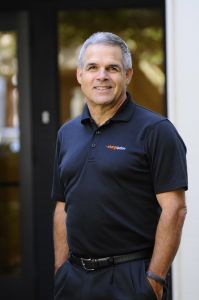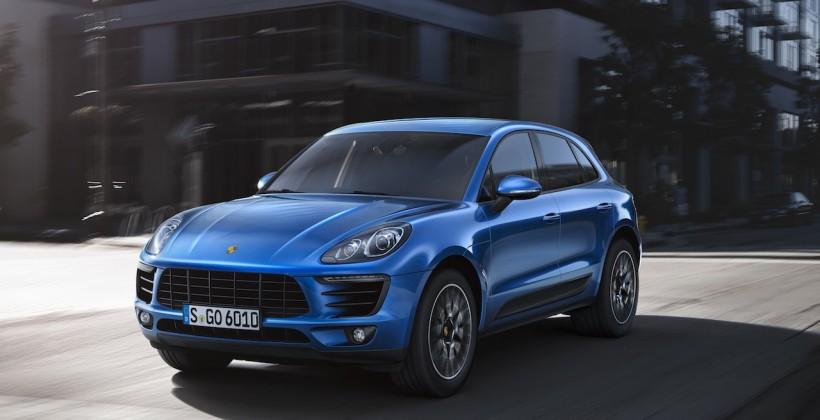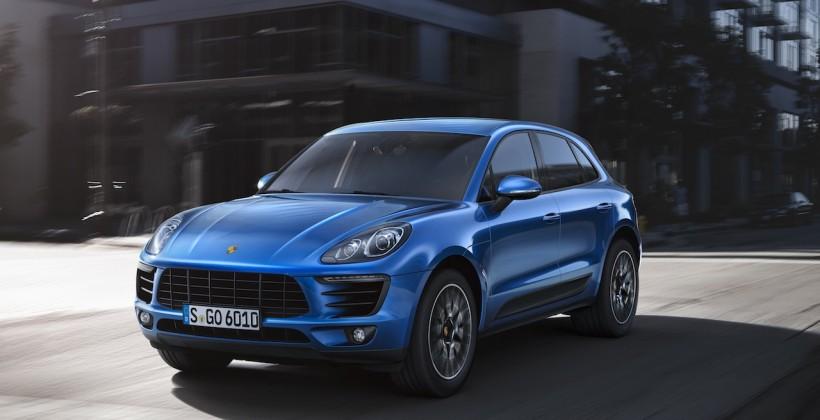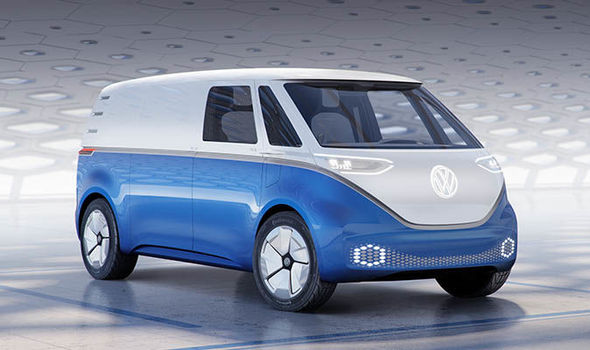Jio-Bp Partners With Zomato To Make 100% EV Fleet By 2030.
Jio-Bp, Reliance Industries’ and London-based BP’s fuel and mobility joint venture, established a partnership with Zomato on Wednesday to deliver electric vehicle (EV) mobility services to the food aggregator in support of its aspirations to have a 100 percent EV fleet by 2030. The new statement comes just days after Jio-Bp revealed plans to establish EV charging and battery-swapping facilities in 12 locations throughout North India. The company will establish its shop on the assets of real estate developer Omaxe. They announced an agreement to support the food delivery company in its ‘The Climate Group’s EV100’ effort.

Jio-bp will provide EV mobility services to Zomato, as well as access to ‘Jio-bp pulse’ branded battery switching stations for last-mile deliveries, according to a company release.
“The collaboration is poised to accelerate EV adoption in the rapidly growing Indian delivery and transportation segment,” it added.
Source: businesstoday.in
Zomato last year joined the non-profit The Climate’s worldwide electric mobility program EV100, with the goal of having 100% EVs in their fleet by 2030. EVs are already available on the Gurugram-based company’s platform in cities such as India Delhi, Bengaluru, and Mumbai.
“The current EV fleet is a small fraction of the active fleet of delivery partners, and we understand that getting to 100 percent adoption of EVs will not be easy, but is essential in the long run,” Zomato Founder and CEO Deepinder Goyal said in June last year when the company announced its EV-focused plans.
Source: gadgets360.com
The lack of charging infrastructure and restricted battery range are two major obstacles for Zomato in expanding its EV fleet. This could be rectified as a result of the most recent collaboration. Jio-Bp’s Pulse brand provides consumers with EV charging infrastructure.
Earlier this month, the Indian affiliate of British automaker MG Motor joined together with oil manufacturer Castrol to explore mobility options for EVs in the nation with Jio-Bp. TVS Motor and Mahindra Group are also significant automobile businesses in the joint venture, which will develop solutions for a variety of consumer and commercial EVs. In addition to Jio-Bp, Zomato has local vendors in select locations such as Zypp, Eveez, and Bud-e to facilitate its continuous transition to an EV fleet.
Reliance BP Mobility, which runs under the Jio-Bp brand, collaborated with Zomato’s archival Swiggy last year to create an ecosystem for EV battery-swapping stations across the country. Reliance BP Mobility Limited (RBML) is an Indian fuels and mobility joint venture between Reliance Industries Limited (RIL) and bp that operates under the brand ‘Jio-bp.’ The JV established one of the country’s largest EV charging stations in Delhi in January 2022, as the partners expand their fuel retail network, including several fuel options as well as EV charging infrastructure. The collaboration also aims to assist in the development of greener and more cost-effective delivery fleet options.
Jio-bp built and launched two of India’s largest EV charging stations last year. The Jio-bp pulse brand represents the JV’s electric mobility company, which provides charging infrastructure to Indian consumers. Customers can use the Jio-bp pulse mobile app to identify nearby charging stations and charge their EVs seamlessly.
Jio-bp also announced as part of the arrangement that it will set up EV charging and switching infrastructure at various Omaxe properties across 12 cities. Delhi, Noida, Greater Noida, Faridabad, Ghaziabad, New Chandigarh, Ludhiana, Patiala, Amritsar, Jaipur, Sonipat, and Bahadurgarh are among them. It will do so incrementally.

I am a second-year student pursuing Liberal Arts from Nmims. I am a painter, I love reading and have a great interest in cooking. I am also a trained kickboxer. I’ve always had a passion for writing and hence in my free time, I work as a freelance writer.






